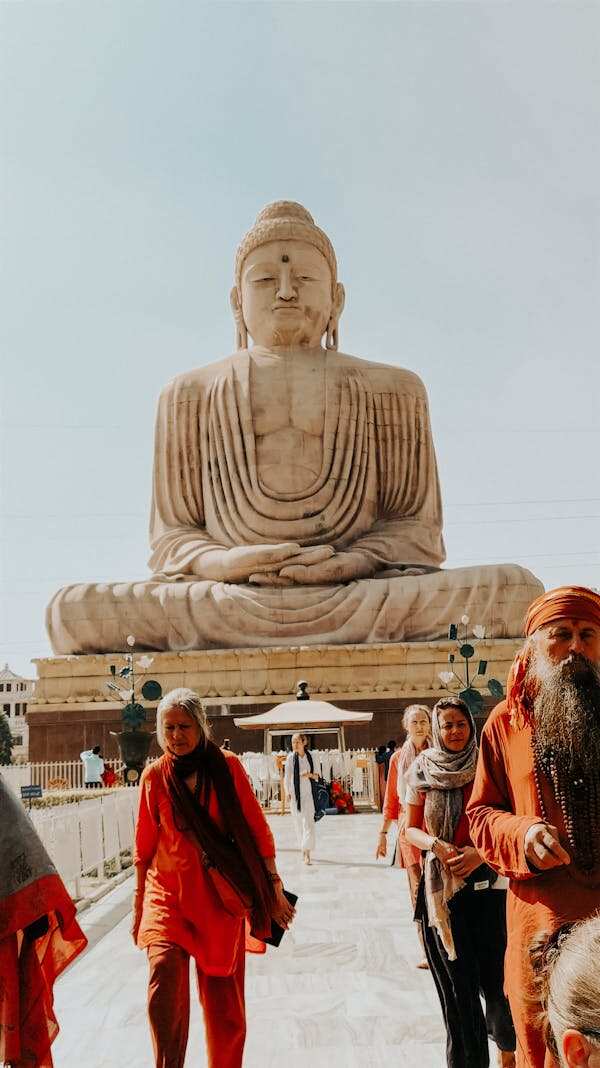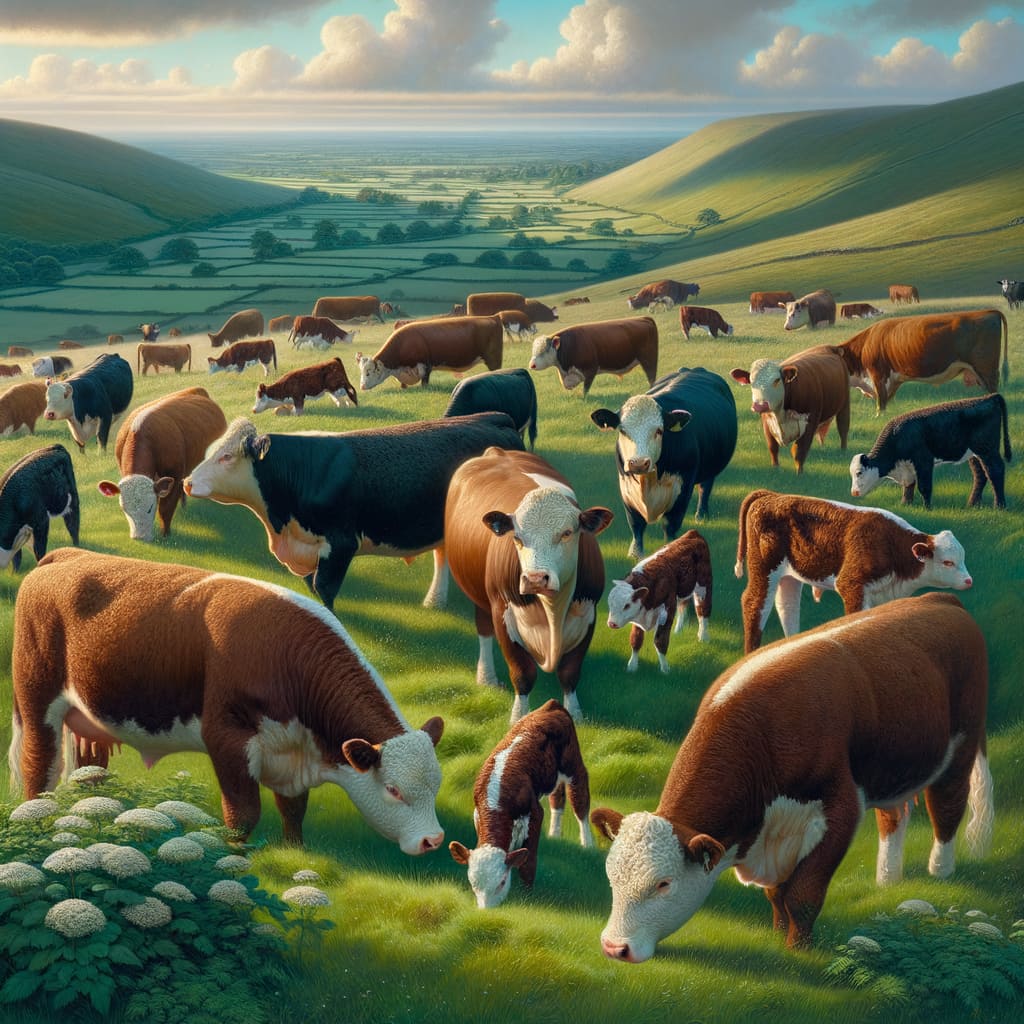Four weeks after Russia annexed Crimea to great fanfare, President Vladimir Putin quietly signed a decree honouring more than 300 journalists for their "objective coverage" of the region's seizure from Ukraine.
The awards made under decree 279 to television, radio and newspapers loyal to Putin underline the importance of media in stirring patriotic sentiment over Ukraine. However, the decree's initial secrecy suggests Putin wishes to distance himself from the powerful Kremlin policy tool of the media onslaught.
In the official gazette, there was a gap between decrees 278 and 280. Decree 279 remained unexplained until a Russian newspaper reported its contents on Monday, a fortnight after the event, offering a glimpse into how sensitive the use of propaganda has become in the East-West standoff over Ukraine.
A Kremlin source, confirming that Putin signed the decree making the awards on April 22, said only: "It was for internal use, not for public use."
To an outside observer, the propaganda war seems to have reached such a scale that it is all but impossible for Russians or Ukrainians to discover what is really going on from their national media.
Many events are seen through a mist of disinformation or just confusion, a situation that suits Putin in what his critics believe is his attempt to undermine the Ukrainian authorities by portraying them as unable to control the country.
The veracity of events is increasingly hard to check. When Russian media reported heavy fighting in the town of Kramatorsk this weekend, Reuters journalists on the scene shortly afterwards found a sleepy town with no evidence of clashes.
Russian media deny they are part of a propaganda campaign and accuse Western journalists of bias, a charge that has found fertile ground in eastern Ukraine where some reporters have already been taken hostage or beaten.
The Facebook page of Pavel Gubarev, a detained pro-Russian protest leader, has described journalists as "catalysts of intolerance, hatred and violence".
"After lies follows pain," warned the page.
As on other fronts, the media fight between Moscow and Kiev is mis-matched.
Russia's well-organised and well-financed state media have portrayed events in a style reminiscent of the Soviet era, peppering their reports with the message that Ukrainians, as during World War Two, may be cooperating with fascists.
By contrast, Ukraine's fragmented media lack the single mindedness to answer the charges, remaining poorly financed and usually controlled by business tycoons who have been reluctant to offend business partners in Russia.
Now largely switched off in the separatist-held regions in its east, Ukrainian television has so far failed to make the case for Kiev's new pro-Western leaders that pro-Russian rebels are in the pay of the Kremlin.
That has been left to the Internet, where a war of words is raging as Ukraine prepares for three events: a May 25 presidential election, a May 11 referendum on independence in the eastern Donetsk and Luhansk regions, and Friday's anniversary of victory over Nazi Germany in World War Two.
All are possible flashpoints in a crisis where Russia could use clashes to justify an invasion of eastern Ukraine - which Putin has reserved the right to stage if he believes compatriots and Russian speakers need his protection.
Several Russian newspapers used the same photo on Monday on their front page. This showed a man with flames licking up his sleeve as he throws a Molotov Cocktail into the burning trade union building in the Ukrainian city of Odessa, where dozens of pro-Russian separatists died after street fighting.
Blaming Friday's trouble on far-right Ukrainian groups, the popular Komsomolskaya Pravda ran a banner headline declaring: "Dirty scumbags!"
Some Russian media likened the blaze to a World War Two Nazi massacre when all the residents of a Belarussian village were burnt alive.
Ukraine's acting president, Oleksander Turchinov, tried to win back the initiative at the weekend, using his strongest language yet to condemn Russia for "waging war against our country", but lacking support his words failed to catch on.
Other allegations by officials that only drunks and drug addicts follow the pro-Russians have also fallen flat, leaving it to Ukraine's bloggers to vent the widespread frustration with not only the pro-Russians but with their new leaders as well.
"At the time of war, everyone lies," said a post on the "Odessa on fire" website, trying to defuse bitter debate over who was responsible for the more than 40 deaths on Friday. Such comment shows the depth of emotion as a struggle for influence in Ukraine threatens to tip the country into civil war.
But while much of the Ukrainian blogosphere undermines their leaders, Russian media coverage is helping to boost support for Putin, whose ratings last week hit 82 percent - the highest since 2010.
"Putin played a brilliant hand," said one post on a site called "For Putin - For a Great Russia", celebrating his moves to protect the economy from Western sanctions over Ukraine.
"Putin has fooled the European Union and America and wasn't it great? Before the eyes of the whole world, he played them like a violin."
![submenu-img]() Meet Gautam Adani’s ‘right hand’, used to work as teacher, he’s now Rs 1600000 crore…
Meet Gautam Adani’s ‘right hand’, used to work as teacher, he’s now Rs 1600000 crore…![submenu-img]() Meet actor who worked with Amitabh Bachchan, Aishwarya Rai, entered films because of a bus conductor, is now India's..
Meet actor who worked with Amitabh Bachchan, Aishwarya Rai, entered films because of a bus conductor, is now India's..![submenu-img]() Meet Bollywood star, who was a tourist guide, married 4 times, went bankrupt, his son died by suicide, then...
Meet Bollywood star, who was a tourist guide, married 4 times, went bankrupt, his son died by suicide, then...![submenu-img]() This actor made Sharmila Tagore forget her lines, once did film for Rs 100, could never be a superstar because..
This actor made Sharmila Tagore forget her lines, once did film for Rs 100, could never be a superstar because..![submenu-img]() Volkswagen Taigun GT Line, Taigun GT Plus launched in India, price starts at Rs 14.08 lakh
Volkswagen Taigun GT Line, Taigun GT Plus launched in India, price starts at Rs 14.08 lakh![submenu-img]() DNA Verified: Is CAA an anti-Muslim law? Centre terms news report as 'misleading'
DNA Verified: Is CAA an anti-Muslim law? Centre terms news report as 'misleading'![submenu-img]() DNA Verified: Lok Sabha Elections 2024 to be held on April 19? Know truth behind viral message
DNA Verified: Lok Sabha Elections 2024 to be held on April 19? Know truth behind viral message![submenu-img]() DNA Verified: Modi govt giving students free laptops under 'One Student One Laptop' scheme? Know truth here
DNA Verified: Modi govt giving students free laptops under 'One Student One Laptop' scheme? Know truth here![submenu-img]() DNA Verified: Shah Rukh Khan denies reports of his role in release of India's naval officers from Qatar
DNA Verified: Shah Rukh Khan denies reports of his role in release of India's naval officers from Qatar![submenu-img]() DNA Verified: Is govt providing Rs 1.6 lakh benefit to girls under PM Ladli Laxmi Yojana? Know truth
DNA Verified: Is govt providing Rs 1.6 lakh benefit to girls under PM Ladli Laxmi Yojana? Know truth![submenu-img]() Remember Abhishek Sharma? Hrithik Roshan's brother from Kaho Naa Pyaar Hai has become TV star, is married to..
Remember Abhishek Sharma? Hrithik Roshan's brother from Kaho Naa Pyaar Hai has become TV star, is married to..![submenu-img]() Remember Ali Haji? Aamir Khan, Kajol's son in Fanaa, who is now director, writer; here's how charming he looks now
Remember Ali Haji? Aamir Khan, Kajol's son in Fanaa, who is now director, writer; here's how charming he looks now![submenu-img]() Remember Sana Saeed? SRK's daughter in Kuch Kuch Hota Hai, here's how she looks after 26 years, she's dating..
Remember Sana Saeed? SRK's daughter in Kuch Kuch Hota Hai, here's how she looks after 26 years, she's dating..![submenu-img]() In pics: Rajinikanth, Kamal Haasan, Mani Ratnam, Suriya attend S Shankar's daughter Aishwarya's star-studded wedding
In pics: Rajinikanth, Kamal Haasan, Mani Ratnam, Suriya attend S Shankar's daughter Aishwarya's star-studded wedding![submenu-img]() In pics: Sanya Malhotra attends opening of school for neurodivergent individuals to mark World Autism Month
In pics: Sanya Malhotra attends opening of school for neurodivergent individuals to mark World Autism Month![submenu-img]() DNA Explainer: What is cloud seeding which is blamed for wreaking havoc in Dubai?
DNA Explainer: What is cloud seeding which is blamed for wreaking havoc in Dubai?![submenu-img]() DNA Explainer: What is Israel's Arrow-3 defence system used to intercept Iran's missile attack?
DNA Explainer: What is Israel's Arrow-3 defence system used to intercept Iran's missile attack?![submenu-img]() DNA Explainer: How Iranian projectiles failed to breach iron-clad Israeli air defence
DNA Explainer: How Iranian projectiles failed to breach iron-clad Israeli air defence![submenu-img]() DNA Explainer: What is India's stand amid Iran-Israel conflict?
DNA Explainer: What is India's stand amid Iran-Israel conflict?![submenu-img]() DNA Explainer: Why Iran attacked Israel with hundreds of drones, missiles
DNA Explainer: Why Iran attacked Israel with hundreds of drones, missiles![submenu-img]() Meet actor who worked with Amitabh Bachchan, Aishwarya Rai, entered films because of a bus conductor, is now India's..
Meet actor who worked with Amitabh Bachchan, Aishwarya Rai, entered films because of a bus conductor, is now India's..![submenu-img]() Meet Bollywood star, who was a tourist guide, married 4 times, went bankrupt, his son died by suicide, then...
Meet Bollywood star, who was a tourist guide, married 4 times, went bankrupt, his son died by suicide, then...![submenu-img]() This actor made Sharmila Tagore forget her lines, once did film for Rs 100, could never be a superstar because..
This actor made Sharmila Tagore forget her lines, once did film for Rs 100, could never be a superstar because..![submenu-img]() Mumtaz urges to lift ban on Pakistani artistes in Bollywood: ‘Woh log hum logon se...'
Mumtaz urges to lift ban on Pakistani artistes in Bollywood: ‘Woh log hum logon se...'![submenu-img]() Not Kiara Advani, but this actress was first choice opposite Shahid Kapoor in Kabir Singh, she rejected because...
Not Kiara Advani, but this actress was first choice opposite Shahid Kapoor in Kabir Singh, she rejected because...![submenu-img]() IPL 2024: Yashasvi Jaiswal, Sandeep Sharma guide Rajasthan Royals to 9-wicket win over Mumbai Indians
IPL 2024: Yashasvi Jaiswal, Sandeep Sharma guide Rajasthan Royals to 9-wicket win over Mumbai Indians![submenu-img]() IPL 2024: How can RCB still qualify for playoffs after 1-run loss against KKR?
IPL 2024: How can RCB still qualify for playoffs after 1-run loss against KKR?![submenu-img]() CSK vs LSG, IPL 2024: Predicted playing XI, live streaming details, weather and pitch report
CSK vs LSG, IPL 2024: Predicted playing XI, live streaming details, weather and pitch report![submenu-img]() RR vs MI: Yuzvendra Chahal scripts history, becomes first bowler to achieve this massive milestone in IPL
RR vs MI: Yuzvendra Chahal scripts history, becomes first bowler to achieve this massive milestone in IPL![submenu-img]() 'Yeh toh second tier ki bhi team nhi': Ramiz Raja slams Babar Azam and co. after 3rd T20I loss vs New Zealand
'Yeh toh second tier ki bhi team nhi': Ramiz Raja slams Babar Azam and co. after 3rd T20I loss vs New Zealand![submenu-img]() Mukesh Ambani's son Anant Ambani likely to get married to Radhika Merchant in July at…
Mukesh Ambani's son Anant Ambani likely to get married to Radhika Merchant in July at…![submenu-img]() India's most expensive wedding costs more than weddings of Isha Ambani, Akash Ambani, total money spent was...
India's most expensive wedding costs more than weddings of Isha Ambani, Akash Ambani, total money spent was...![submenu-img]() Meet Indian genius who lost his father at 12, studied at Cambridge, took Rs 1 salary, he is called 'architect of...'
Meet Indian genius who lost his father at 12, studied at Cambridge, took Rs 1 salary, he is called 'architect of...'![submenu-img]() Earth Day 2024: Google Doodle features aerial photos of planet's natural beauty, biodiversity
Earth Day 2024: Google Doodle features aerial photos of planet's natural beauty, biodiversity![submenu-img]() Meet India's first billionaire, much richer than Mukesh Ambani, Adani, Ratan Tata, but was called miser due to...
Meet India's first billionaire, much richer than Mukesh Ambani, Adani, Ratan Tata, but was called miser due to...






































)




)
)
)
)
)
)